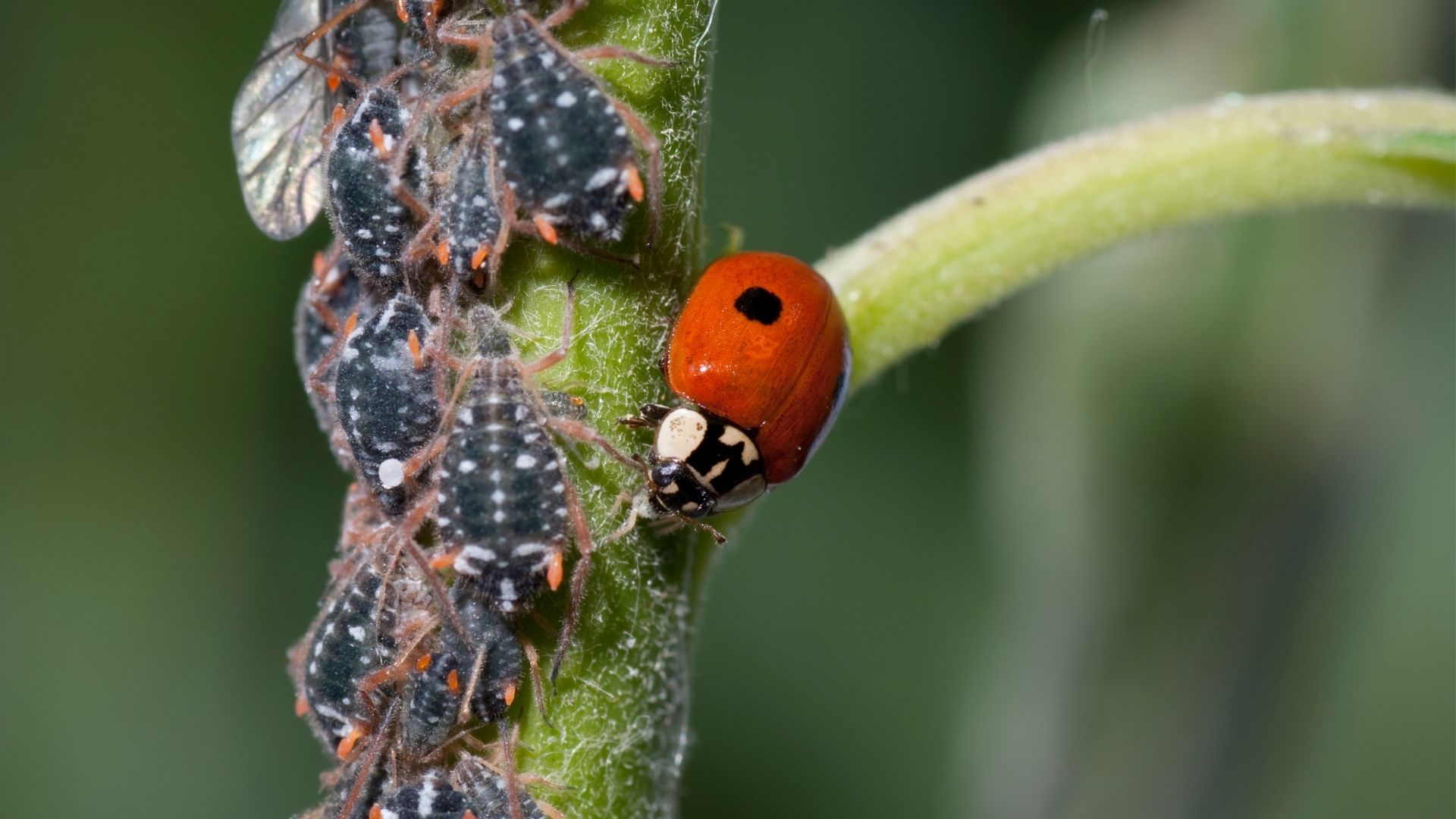Insects and Diseases in the Garden
go.ncsu.edu/readext?864698
en Español / em Português
El inglés es el idioma de control de esta página. En la medida en que haya algún conflicto entre la traducción al inglés y la traducción, el inglés prevalece.
Al hacer clic en el enlace de traducción se activa un servicio de traducción gratuito para convertir la página al español. Al igual que con cualquier traducción por Internet, la conversión no es sensible al contexto y puede que no traduzca el texto en su significado original. NC State Extension no garantiza la exactitud del texto traducido. Por favor, tenga en cuenta que algunas aplicaciones y/o servicios pueden no funcionar como se espera cuando se traducen.
Português
Inglês é o idioma de controle desta página. Na medida que haja algum conflito entre o texto original em Inglês e a tradução, o Inglês prevalece.
Ao clicar no link de tradução, um serviço gratuito de tradução será ativado para converter a página para o Português. Como em qualquer tradução pela internet, a conversão não é sensivel ao contexto e pode não ocorrer a tradução para o significado orginal. O serviço de Extensão da Carolina do Norte (NC State Extension) não garante a exatidão do texto traduzido. Por favor, observe que algumas funções ou serviços podem não funcionar como esperado após a tradução.
English
English is the controlling language of this page. To the extent there is any conflict between the English text and the translation, English controls.
Clicking on the translation link activates a free translation service to convert the page to Spanish. As with any Internet translation, the conversion is not context-sensitive and may not translate the text to its original meaning. NC State Extension does not guarantee the accuracy of the translated text. Please note that some applications and/or services may not function as expected when translated.
Collapse ▲
Are your prized plants overrun with insects and diseases? If so, this course may be for you! Home gardeners put a lot of time, effort, love, and money into their favorite plants and they are often damaged or killed by insect infestations and/or diseases. This workshop will look at various ways to identify and manage common insects and diseases while minimizing dangers to those many beneficial insects, especially pollinators.
N.C. Cooperative Extension, Currituck County Center will host this free workshop on Thursday, June 16, 2022, from 9:00 – 10:00 a.m.
Register online at Eventbrite.
If you need accommodations for persons with disabilities please contact Chris Blaha at (252) 232-2261 or by email at ctblaha@ncsu.edu no later than 10 business days before class.




